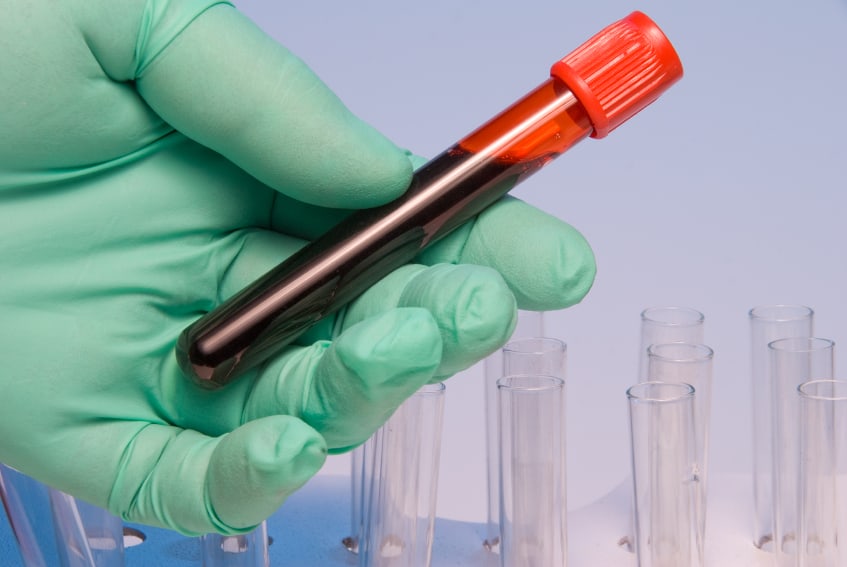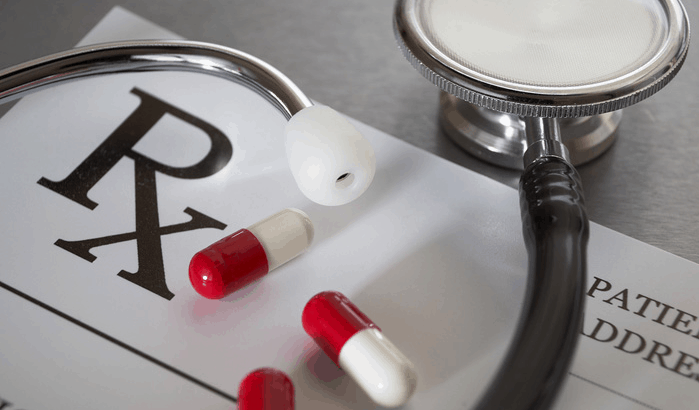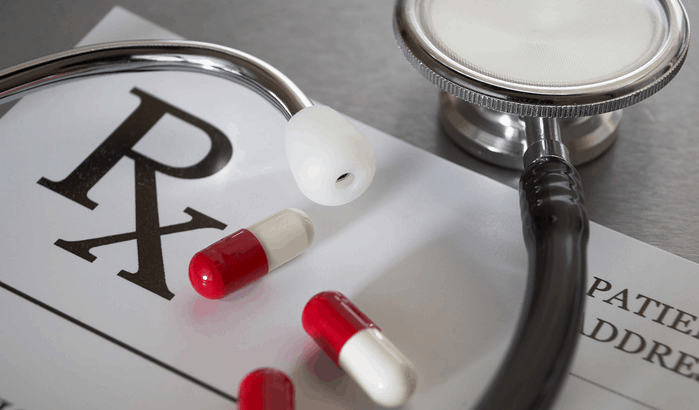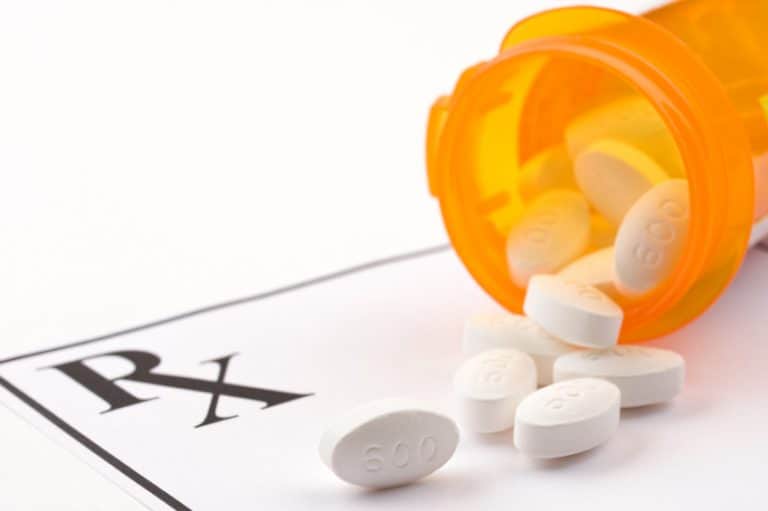Sexually transmitted disease and HIV (human immunodeficiency virus) are two of the known causes of bacterial prostatitis. Typically, men who are under 35 years old are the ones who develop either acute bacterial prostatitis or chronic bacterial prostatitis associated with sexually transmitted disease (STD) and HIV. Even though STDs are associated with bacterial prostatitis causes, STDs and HIV can also lead to chronic prostatitis/chronic pelvic pain syndrome (CP/CPPS) by creating inflammation in the prostate. Some STDs produce no symptoms in men, which allows the illnesses to go undetected and untreated, causing chronic prostatitis symptoms down the road.
A man’s sexual habits as well as bacteria and viruses (including HIV) could play an initial role in chronic nonbacterial prostatitis. Besides HIV, other types of autoimmune disorders and sexual activity are known causes of chronic prostatitis. The following sexually transmitted diseases are associated with causing prostatitis:
Chlamydia: This bacterial STD is the most common STD in the US. It is transmitted by Chlamydia trachomatis.
Gonorrhea: This bacterial STD is caused by Neisseria gonorrhoeae. Gonorrhea bacteria can be spread easily by any type of sexual activity, and they can thrive in moist, warm areas of the body, including the urethra.
Herpes: Genital herpes is a virus spread by sexual contact. It is characterized by genital or rectal blisters. It has no cure, but there are antiviral medications to help manage the disease. Herpes can lead to prostatitis. Experts theorize that during outbreaks of the virus the fluid from open blisters can travel into the anus and reach the prostate through the rectum. Prostatitis symptoms caused by herpes may show up only during an outbreak. Your doctor may prescribe antiviral medications to help you treat it. You may find use alternative prostatitis treatments to help relieve pain.
Trichomoniasis: This STD is transmitted to men through sexual contact with an infected partner. It is caused by a parasite called Trichomonas vaginalis. Because trichomoniasis usually does not cause symptoms in men, it can go undetected and lead to prostatitis without warning.
Ureaplasma urealyticum: This highly contagious bacterium can affect up to 70% of sexually active adults. Most people who are infected with it are not aware of it because the infection has no symptoms. If it is left untreated, Ureaplasma urealyticum can result in prostatitis, urethritis (inflammation of the urethra), chorioamnionitis (inflammation around the genitals along with discharge), and epididymitis (inflammation of the testicles).
HIV: HIV is an autoimmune deficiency virus that can predispose men to becoming infected with other organisms due to a compromised immune system. Thus men with HIV are at greater risk for developing prostatitis and other illnesses.
Generally, men with certain unsafe sexual habits are at an increased risk for STDs and prostatitis. Men who have many sexual partners, who do not practice safe sex, or those who engage in anal sex without wearing a condom are at risk of developing an STD or HIV and subsequently, prostatitis.
Having unprotected sex with a partner infected with an STD could cause bacteria to enter the man’s urethra. Besides being an increased risk factor for other diseases, having anal sex without a condom could also cause bacteria (such as Escherichia coli) to enter the urethra, get up into the bladder, and make their way into the prostate via the urine. Once the bacteria get into the prostate they can cause inflammation and chronic prostatitis symptoms.
If you have a bacterial STD infection, you doctor will most likely prescribe antibiotics, but studies show that adding natural prostatitis treatments, such as certain supplements, to a round of antibiotics can help keep chronic prostatitis symptoms from returning. Antibiotics do not treat STDs caused by viruses. Whether you have a bacterial infection or viral, may want to consider employing some alternative prostatitis treatments for prostatitis symptom relief.
It is important to be honest and upfront with your doctor when discussing your sexual history and sexual habits, especially when you are in the process of diagnosing prostatitis. You will not get a handle on your causes of prostatitis by holding back important information about your sexual history and habits, and that can mean not getting the right treatment. Put all embarrassment aside and help your physician to determine what is causing your symptoms so he or she can come up with the best prostatitis treatment plan for you.







